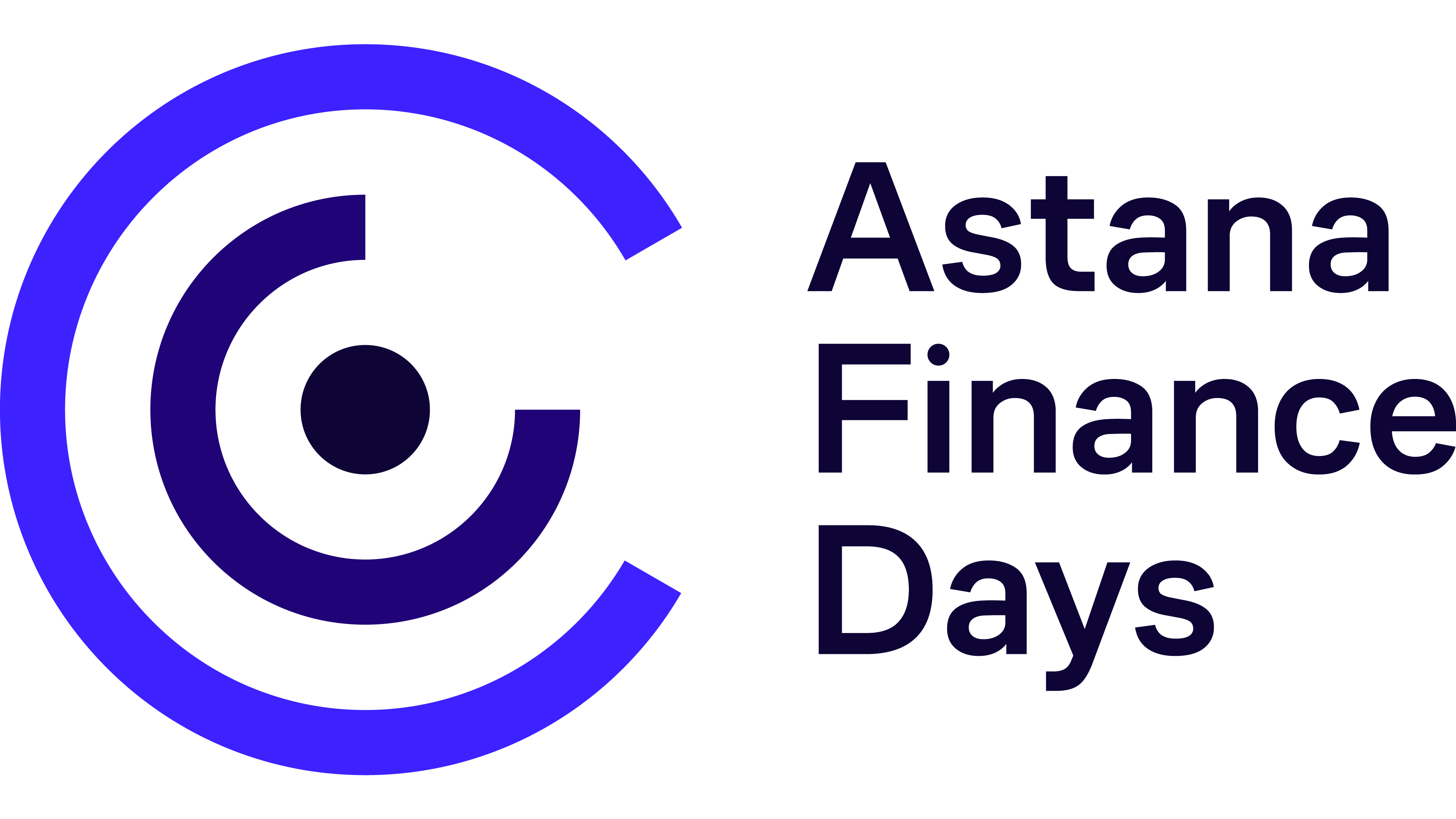Speeding Trade Across Central Asia Through the Middle Corridor

Sponsored Content. Brought to you by Astana International Forum
In Central Asia, the fabric of history is deeply woven into the Eurasian Steppe—a vast ecoregion of immense historic and economic importance. It is the great crossroads of the world, through which historical heroes such as Genghis Khan, Chinese Emperors, Alexander the Great and Marco Polo traveled.
From the mingling of cultures and exchange of ideas nurtured here, Kazakhstan’s unique identity was born. Kazakhstan has always been a trading nation, and today, as the largest Central Asian country, it continues its vital role in Eurasian transcontinental trade. This has become even more true with the recent advent of the Middle Corridor, linking China and the EU via rail, shipping and freight networks.
The route, also called the Trans-Caspian International Transport Route, is a vital new trade artery that passes through Kazakhstan and across Central Asia, Eastern Europe and Turkey, traversing the Caspian Sea and the Black Sea. Cargo shipments along the route increased by 52% between 2020 and 2021, during the pandemic, and reached a record 3.2 million tons in 2022. This surge has caught the attention of shipping companies across Europe, such as Austria’s Rail Cargo Group, Denmark’s Maersk, Finland’s Nurminen Logistics and the Netherlands’ Rail Bridge Cargo.
Some observers anticipate that shipments could soon rise to 10 million tons annually, since Turkey’s completion of the Marmaray Tunnel under the Bosporus Strait has made this rail route more advantageous, as goods can travel directly into Europe.
The first advantage is speed: Goods transiting from China through Kazakhstan and the Middle Corridor can reach the EU market in just 12 days—about half the time of the maritime trade route via the Indian Ocean, which takes 22–37 days.
While the potential of enhancing the route and cutting transit times is clear, the immediate challenge to the corridor has been ensuring that the necessary infrastructure is in place, and Kazakhstan has already generated significant investment to increase capacity. In September 2022, the UAE and Kazakhstan agreed to inject $900 million into projects that support the Middle Corridor. China, through its Belt and Road Initiative, and the EU, via the Global Gateway, have also made significant contributions to enhancing the Middle Corridor and bolstering connectivity.
From supplying Europe with much-needed energy, to enabling European exports of luxury goods into Central Asian and Eastern markets, many sectors are expected to benefit. The vast potential of the Trans-Caspian International Transport Route could unleash new investment in Kazakhstan and countries across the route, uniting trade partners at a turbulent time when alternative transport routes are needed.
The more complex question is how Central Asia can play a greater role in long-term trade relations between East and West. Challenges such as regulatory red tape, railway interoperability and infrastructure maintenance can be overcome. The last few years have shown how vulnerable existing supply chains are, which makes a strong Middle Corridor all the more urgent to reinforce the region’s resilience.
To better understand and address challenges along the way, Kazakhstan is launching the inaugural Astana International Forum, a global platform for dialogue that will bring together world leaders in politics, business and academia to discuss how cooperation can be improved internationally. Emphasizing the importance of the Middle Corridor and increased regional cooperation, the event will feature panels focused on Central Asian connectivity, integration and trade.
Kazakhstan, which previously depended on Russian logistics for the import and export of goods, has quickly become a leader in moving cargo across Central Asia, and this has created opportunities for the country to develop its own transit and trade hubs. The new alliances formed by Kazakhstan with partners that include Turkey, Uzbekistan, and Azerbaijan are clear signs of the political will that supports the Middle Corridor.
Echoing the historic Silk Road of an earlier era, Kazakhstan is determined to build and realize the ambitious strategic vision of a modern Trans-Caspian Route.
